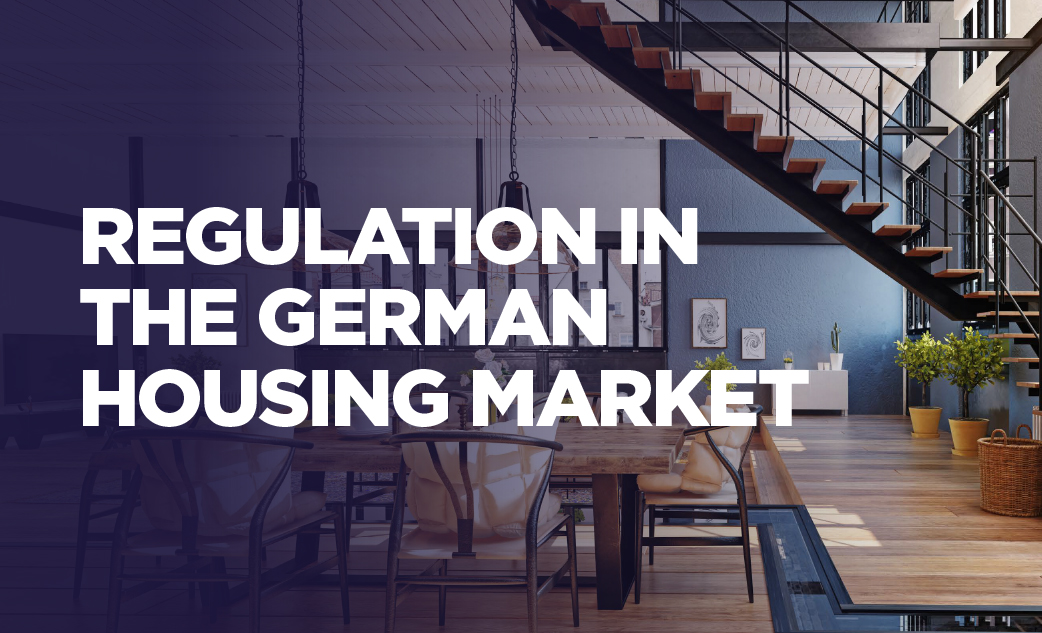International real estate consultancy firm Cushman & Wakefield (C&W) recorded a transaction volume of EUR 3.045 billion in the German residential real estate market for the first half of 2023. This low transaction volume, at less than half the level of a year ago, is mainly due to the uncertainty in the market and the changed financing environment.
Multi-family buildings and residential and commercial buildings account for the lion's share
With transaction volume of EUR 2.927 billion euros, 96 percent of the residential properties traded were multi-family buildings or residential and commercial buildings. The proportion of student residences and micro-living properties was low at around 118 million euros. The largest single transaction was the sale of a Vonovia portfolio. The company sold a new construction portfolio with properties in Berlin, Frankfurt and Munich to CBRE IM for around EUR 560 million.
Jan-Bastian Knod, Head of Residential Investment Germany, C&W, commented: "Vonovia has shaped the year’s market activity to date with two very large transactions. The sale of a significant Vonovia new-build portfolio for more than half a billion euros and the acquisition by American private equity firm Apollo of some 30 percent of Vonovia's Südewo portfolio, which corresponds to a volume of EUR 1.0 billion." (1)
Prime yield continues to rise
The prime yield has continued to rise since the beginning of 2023, to 3.8 percent at the end of June. Compared to the end of 2022, this is an increase of 100 basis points. C&W expects a further increase in yields in H2.
Low level of construction activity leading to rising rents
Rising construction costs, rising interest rates and lower purchase prices are currently leading to reduced construction activity. Many development projects have been interrupted or not even started. Accordingly, the number of building permits issued is currently continuing to decline – between January and March 2023, the number of building permits for residential buildings was 26.5 percent lower than in the equivalent period in 2022. This will lead to further increases in rents in existing properties in the future, as demand for housing remains high and supply remains scarce.
Increasing demand for ESG-compliant products
Residential investment decisions are increasingly shaped by ESG checks in the transaction process. This is carried out, for example, via analysing the ESG performance of a property, an internal scoring model or via demand group analyses. As a result, new-build properties, which often already meet these criteria, are increasingly becoming the main focus of attention for investors. This confirms the results of a survey of 140 investors conducted by Cushman & Wakefield in Q2 2023: More than 80 percent said that ESG is relevant to them – with a rising trend.
(1) The interest acquisition in Vonovia is not included in the transaction volume for the quarter.







